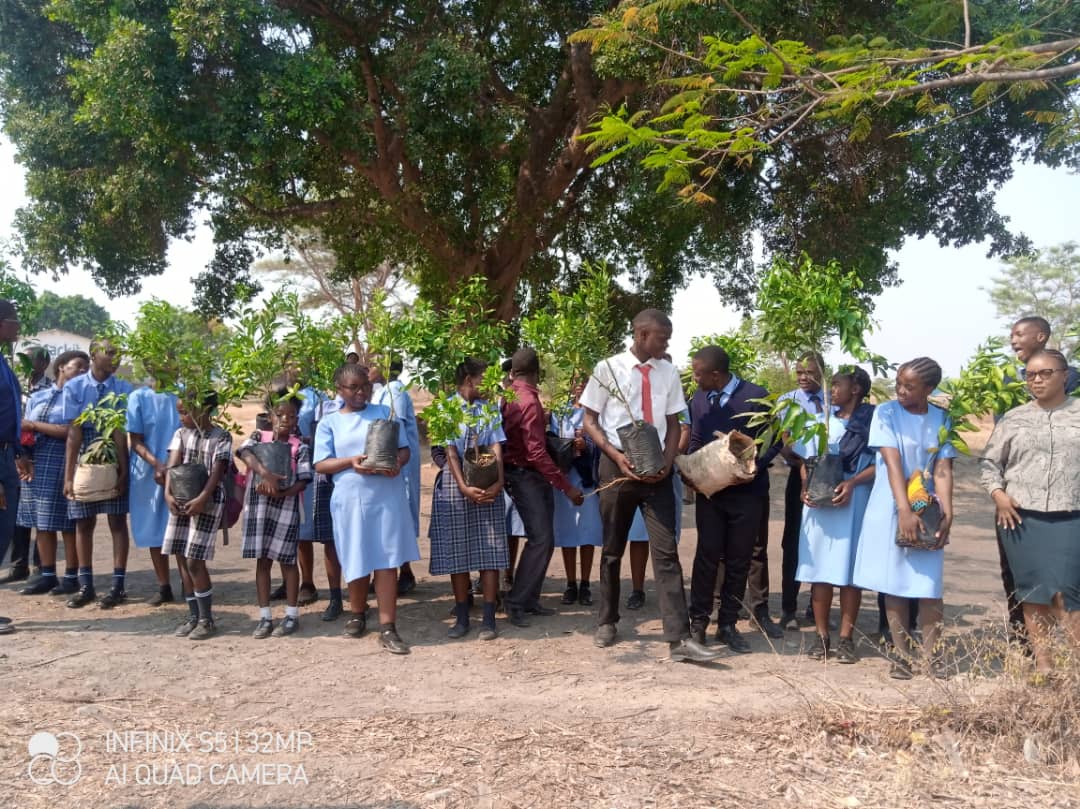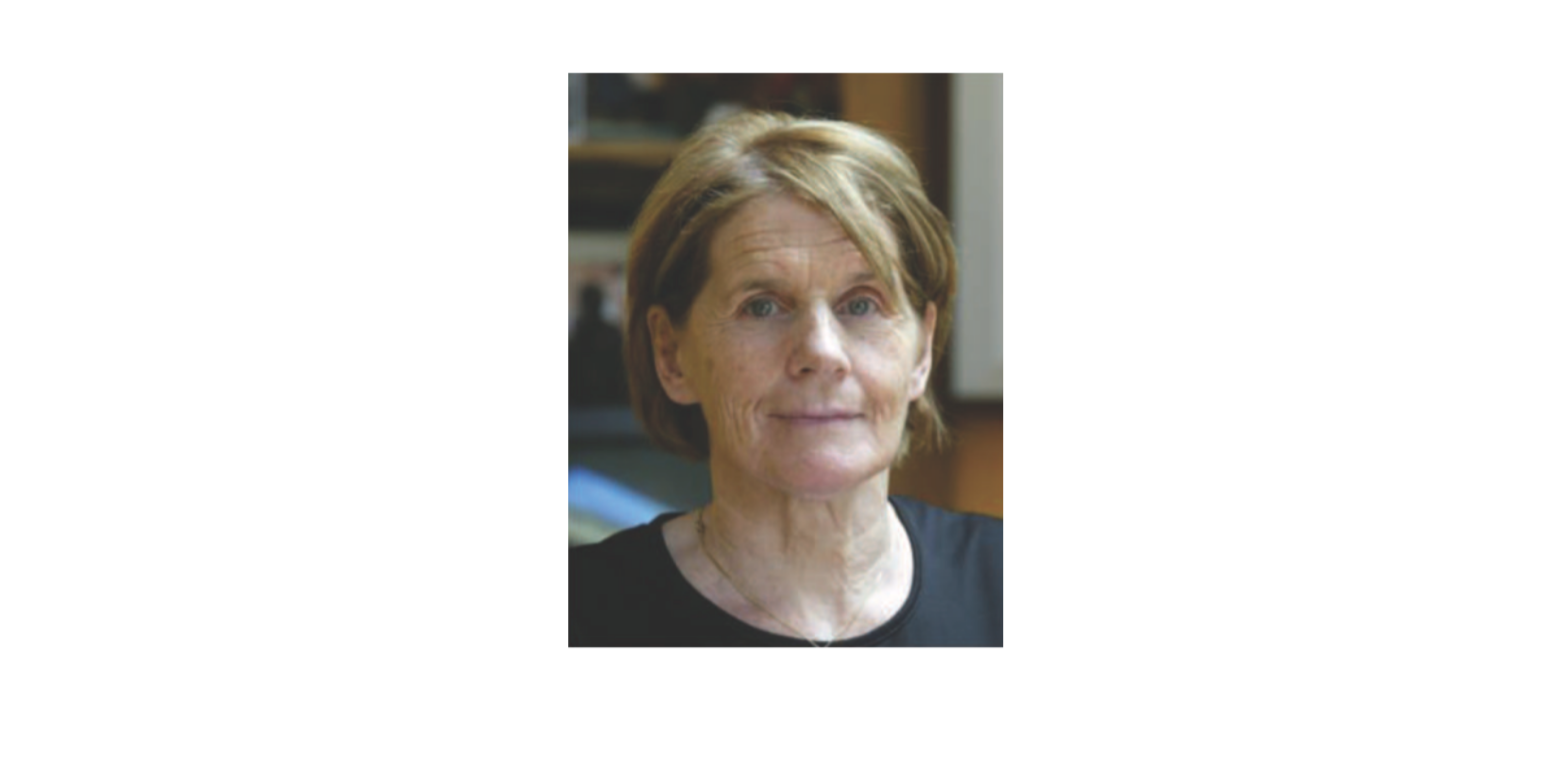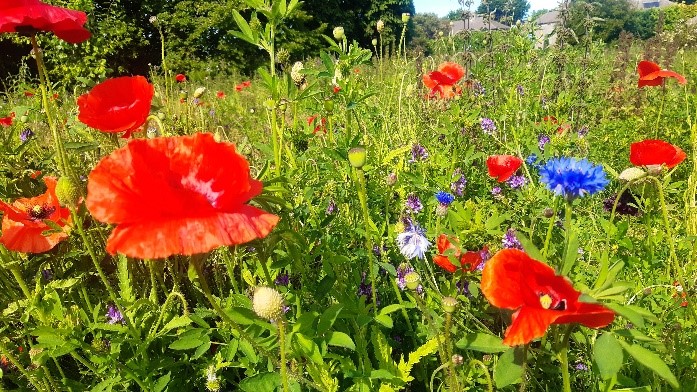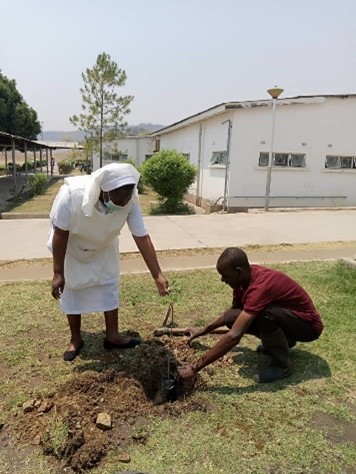
 The Congregation recently appointed a Care of the Earth committee to work to find ways to help us move forward in line with our Chapter Vision and in keeping with the recent Encyclical Laudato Si. We are developing a webpage where we hope to post relevant articles and links to resources which will help us:
The Congregation recently appointed a Care of the Earth committee to work to find ways to help us move forward in line with our Chapter Vision and in keeping with the recent Encyclical Laudato Si. We are developing a webpage where we hope to post relevant articles and links to resources which will help us:
• to deepen our understanding what it means to be part of creation, remembering the earth does not belong to us but we belong to the earth
• to develop within ourselves and others a deeper spirituality of our connectedness and reliance upon the rest of creation – Thomas Berry says that the commandment to love is threefold, not twofold: Love of God, love of neighbour and love of creation
• to deepen our understanding that the rights of the earth and the rights of the community of life are as important as human rights
• to grow in awareness of the reality of the interconnectedness and inter-relatedness of all things
• Leading and inspiring us to action in our care for the earth, remembering that all small actions contribute to the whole.
We hope you will find our page helpful and inspiring as together we take on the work of promoting Care of the Earth in a new way.
The Zen Master Thich Nhat Hanh was asked what we need to do to save our world.
“What we most need to do,” he replied, “is to hear within us the sound of the earth crying.”
We hope to help ourselves and others to hear the sound of earth crying.
A new book Spiritual Ecology: The Cry of the Earth, A Spiritual Response to our Present Ecological Crisis, A Collection of Essays Edited by Llewellyn Vaughan-Lee addresses the importance of developing a Spiritual Ecology. You can read about it at the Spiritual Ecology: The Cry of the Earth website.
BIBLICAL SPIRITUALITY OF NATURE – Michel de Verteuil.
According to Michel de Verteuil there is a Biblical Spirituality of Nature which has been neglected recently but one to which we can profitably return. It is, he claims, very deep, very precious – and can help us to remain balanced, in harmony with nature. Biblical texts constantly remind us that we are in communion with nature they highlight our mutual need – we need nature and nature needs us. Humbly, in mutual interdependence we enter into the work of God.
Christianity is not just a historical religion or a nature religion – it is unusual in that it celebrates simultaneously the presence of God in creation and in historical events.
For instance take Psalm 33. The psalmist moves from celebrating God working in creation to celebrating what God is doing historically.
By his word the heavens were made,
by the breath of his mouth all the stars,
he collects the waves of the ocean,
he stores up the depths of the sea
He frustrates the designs of the nations
he defeats the plans of the peoples.
In the Biblical understanding creation is a continuous event. God is always at work, doing things, maintaining the universe in being. Modern science reinforces this. It understands that everything in the world is in constant movement. It is God who is constantly keeping the world in movement. When you thank God for the world you are thanking God for maintaining the world in its beauty and order.
Where God is pleased, and God’s will is being carried out, there is bounteousness of nature. Ps. 65 celebrates the work of God preserving creation and the bounteousness of nature.
You uphold the mountains with your strength,
you are girded with power.
You still the roaring of the seas, the roaring of their waves
and the tumult of the peoples.
The ends of the earth stand in awe
at the sight of your wonders,
the lands of sunrise and sunset
you fill with your joy.
You care for the earth, give it water,
you fill it with riches.
Your river in heaven brims over to provide its grain.
And thus you provide for the earth.
The bounteousness of nature, however, is not independent of the good behaviour of people. For the bounteousness of nature to continue everything must be in harmony. When there is famine in the world, or other natural disasters, when nature is not bounteous it is very often because of human activities.
If we want to learn how God intervenes historically we can pay attention to how God intervenes in nature, because God does all in the same fashion. All the nature parables in the Gospel – tell us look at, consider – the birds of the sky, the lilies of the field, the farmer scattering seed, etc. – and understand that is how God acts. That is the spirituality of Jesus and of the psalms. It is a feeling spirituality. You feel how beautiful it is that God always brings light out of darkness, God always starts small, God always works gradually, God always works trustingly. Celebrating creation and how God keeps creation in being is at one with celebrating with how God acts in peoples’ lives and in history. It is all one because the work of God is one.
Look for instance at Psalm 91,
to me you give the wild ox’s strength,
you anoint me with purest oil
my eyes looked in triumph on my foes
my ears heard gladly of their fall
the just will flourish like the palm tree
and grow like a Lebanon cedar,
planted in the house of the Lord
they will flourish in the courts of our God
still bearing fruit when they are old,
still full of sap, still green
There is a close correlation here between what God does in nature and what God does in peoples’ lives. This vision invites us not to be afraid to stay with nature, knowing that when we are one with the movement of nature we are in tune with the work of God in nature, in humanity, and in our lives. The psalms invite us to consciously recognize God at work in creation and to carry this consciousness into our interactions with nature.
The beautiful Canticle of Daniel 3:57-88 in which the whole universe is invited to praise God and Psalm 150, the hymn of praise that closes the book of psalms celebrate the meeting between humanity and natural forces – Sun and moon, darkness and light, mountains and hills, rivers and seas, creatures, birds, wild beasts and tame, drums, stringed instruments, trumpets, everything that lives and breathes – in praising God in one great harmonious act of praise.
Question to reflect on: How can I take this understanding of God’s activity in creation and in history to heart so that I deepen my sense of connection with all beings?







